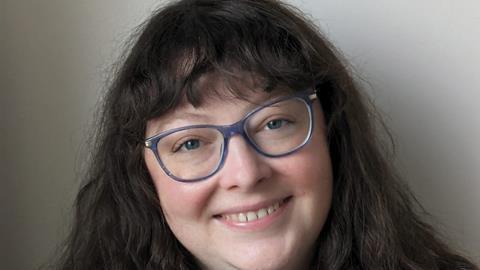Who? Alexandra Goldenberg, solicitor, Public Interest Law Centre, London.
Why is she in the news? Represented London council estate resident Aysen Dennis, who successfully challenged Southwark Council and housing provider Notting Hill Genesis over amendments to the wording of planning permission relating to the redevelopment of the estate.
Thoughts on the case: ‘Our client has been fighting to save the Aylesbury estate for years. She is a fearless campaigner for housing justice. Her case is in the context of estate regenerations where communities are pushed out and social housing is replaced by unattainable private units. On the face of it this challenge is very technical. But really our client is telling the local authority to stick to its promises and be honest. By and large, I do not think developers and local authorities expect to be challenged in the planning process. But tides are turning and cases like this are one way in which campaigners can fight for balance to be restored in favour of communities.’
Cllr Helen Dennis, Southwark Council cabinet member, said: ‘We are reviewing this ruling, which rested on a highly technical planning argument that had no precedence in law. This decision will mean delays to building new homes for residents, but our plans to replace the original homes that were badly built in the sixties are still in train.’
A Notting Hill Genesis spokesperson said: ‘While we are disappointed by the decision to uphold the judicial review in relation to the legal technical matter in question, the outline permission for the Aylesbury regeneration remains in place, as does our commitment to delivering the high-quality affordable housing and spaces so needed in this area.’
Dealing with the media: ‘I have a lot of help from colleagues when it comes to the media, particularly Saskia O’Hara who co-leads PILC’s gentrification project and this case. She has been a housing campaigner for many years and knows the power of using media and the law as a tool for campaigners. Our client is also phenomenal – she had an exhibition in her home documenting the fight for the Aylesbury.’
Why become a lawyer? ‘My dad was active in left-wing politics and taught me to challenge injustice. I became a lawyer to help in that fight.’
Career high: ‘At the hearing the public gallery was filled with residents and campaigners. It was really powerful for those enacting the law to see who it actually affects.’
Career low: ‘When I started in legal jobs I knew nothing. The first hearing I shadowed I tried to front this by explaining the grounds to the barrister who had of course written them.’
































No comments yet